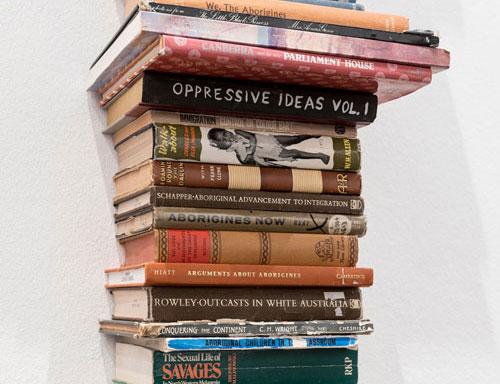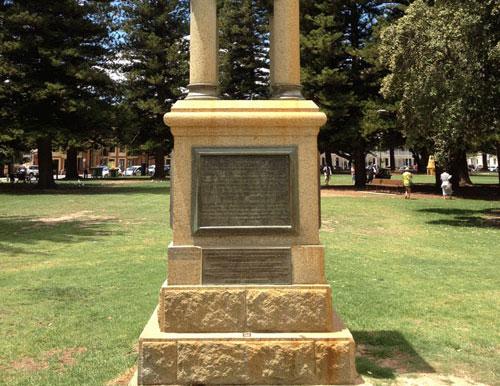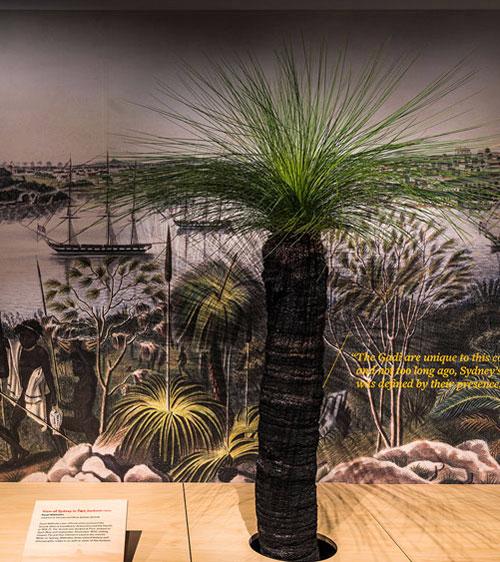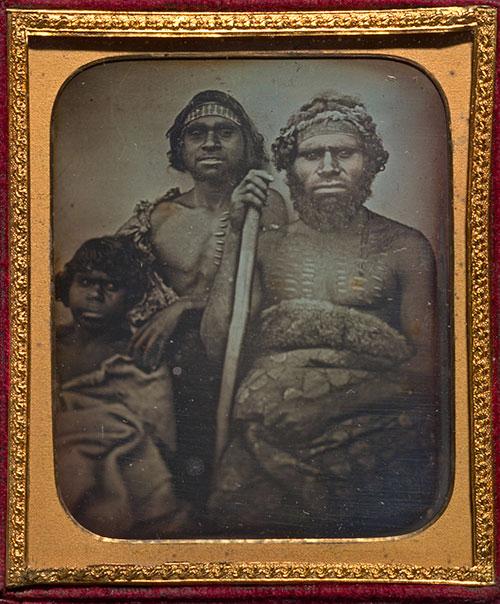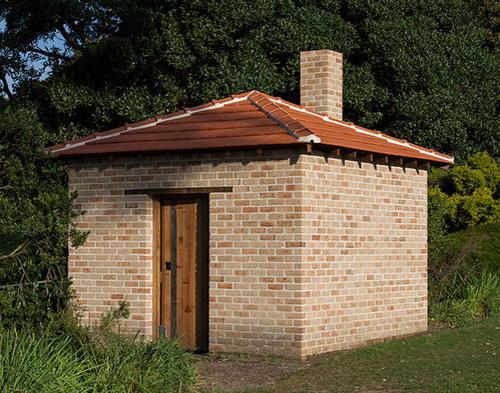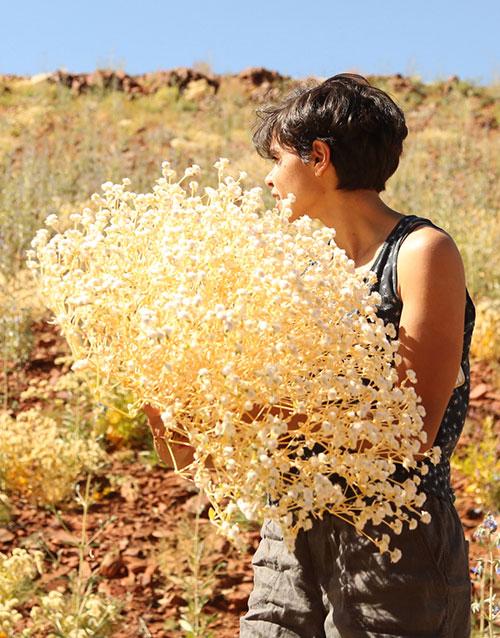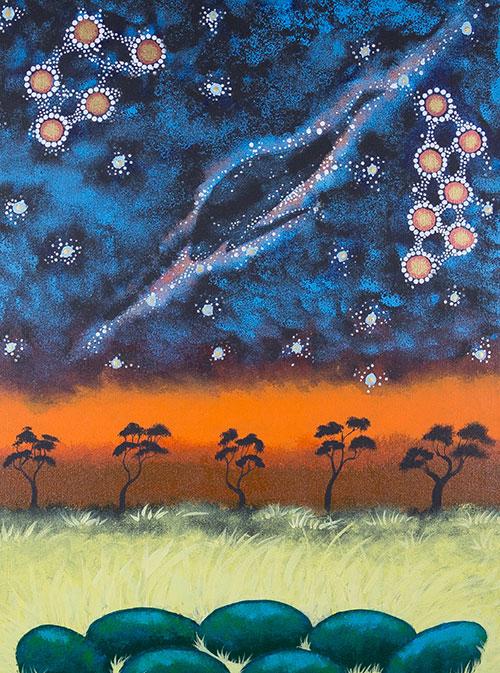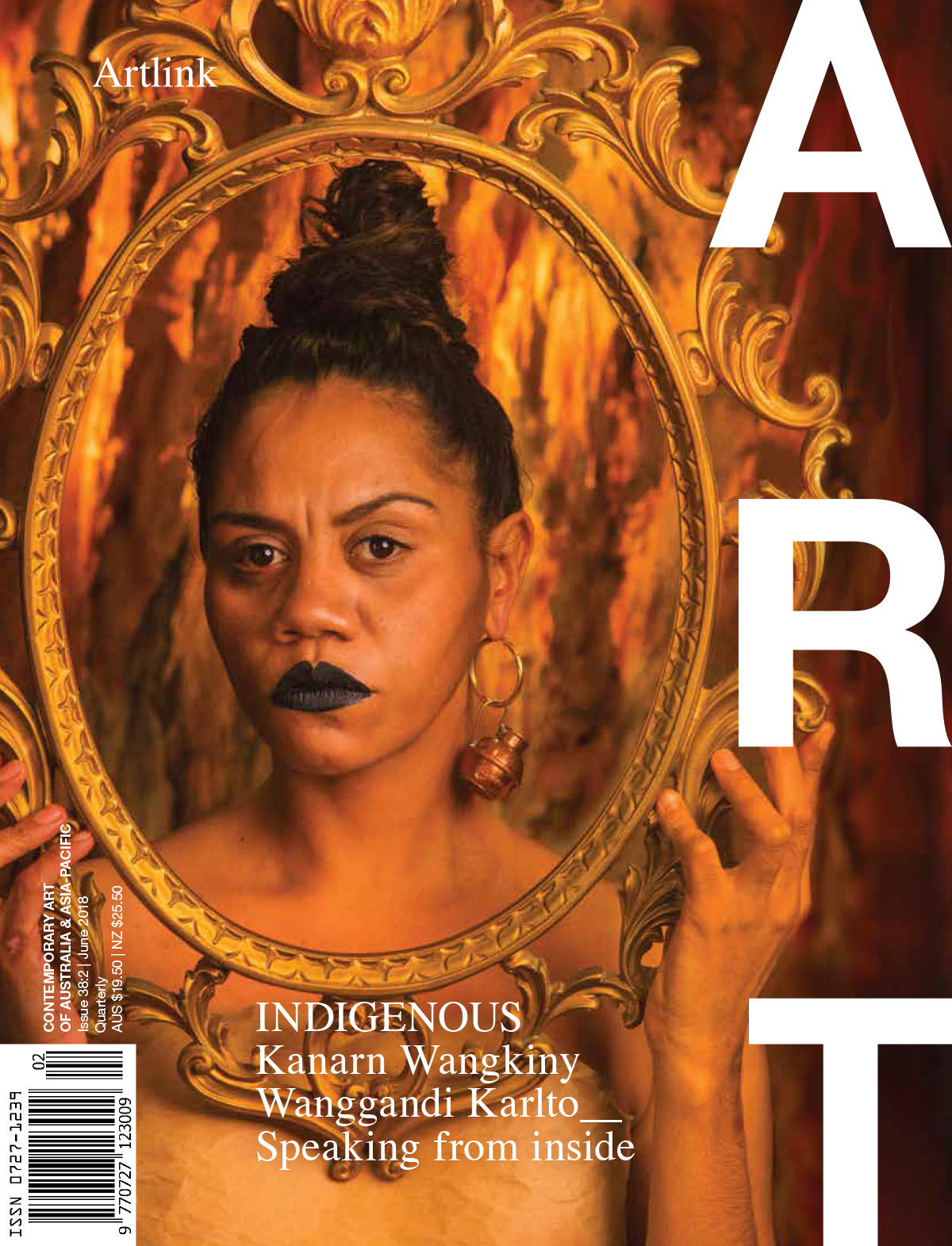
Indigenous_Kanarn Wangkiny/Wanggandi Karlto
Speaking from inside
Speaking from inside
Issue 38:2 | June 2018
This edition, representing the perspectives of the southern language groups of Australia, focuses on Indigenous sovereignty through the actions of cultural producers. Decolonisation is addressed in a multitude of ways, starting with the decolonisation of the self, and the ways in which we narrate the impact on the lives of First Nations peoples of centuries of generational trauma, following European colonisation, and the enforced assimilation of Aboriginal and Torres Strait Islander peoples. It takes on the challenge of reinvigorating tradition, language and cultural values as protocols for leadership, centred on the critical agency of First Peoples.
In this issue
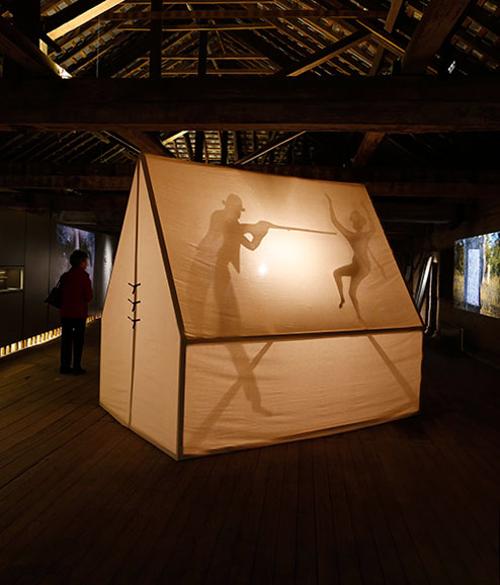
A couple of years ago I quipped to my friend Alec Coles, who had recently taken up the position of CEO at the West Australian Museum, that the spirit of terra nullius lurks beneath the floorboards of every museum and art gallery in Australia. Apparently, he has dined out on this slightly parsimonious comment once or twice since. Alec likes to raise the stakes in discussions with his colleagues about the responsibilities that history demands of them as leaders of major collecting institutions—each with its own problematic legacy in terms of respecting and representing Indigenous culture.
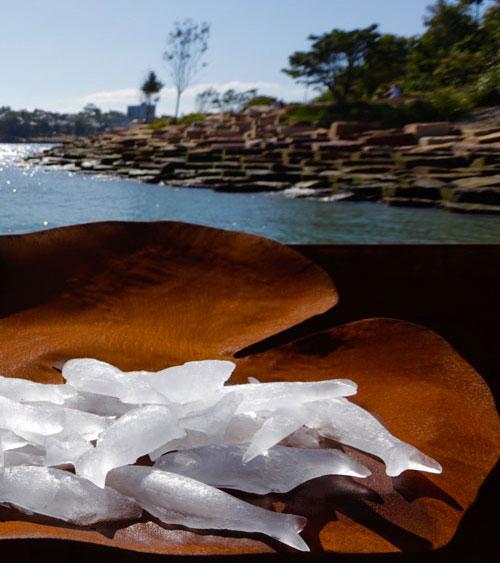
As people walk down that little wharf towards the canoe, I hope they remember how it was back in the day and how our old ancestors used to live and survive. And I want them to think back and imagine if they can, the women out in the canoes, and what it would have looked like and how beautiful it would have looked like with the fires going and we must not forget them, our ancestors. They were some special people. Because all the thousands of years they lived here says it all. It just says it all, how powerful and strong they were. And survivors… still survivors today.
Phyllis Stewart


